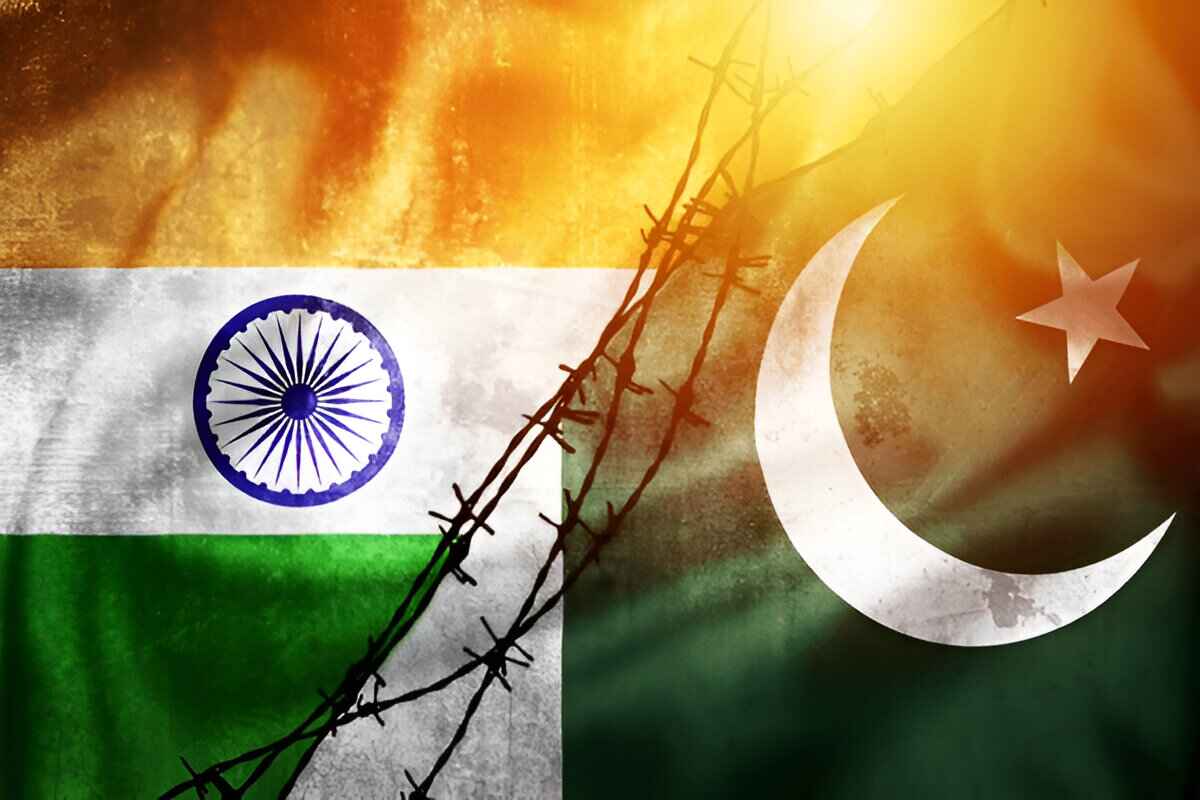Diplomatic Breakdown and Trade Suspension
Following the Pahalgam attack, diplomatic relations between India and Pakistan deteriorated rapidly. India's immediate response included suspending the Indus Waters Treaty, closing the critical Attari-Wagah border crossing, and revoking visas for Pakistani nationals. Pakistan retaliated by closing its airspace to Indian carriers, expelling Indian diplomats, and halting all bilateral trade.
These developments have effectively brought formal trade between the two nations to a standstill, impacting sectors such as pharmaceuticals, chemicals, and agriculture. The closure of the Attari-Wagah border, a critical trade conduit, has disrupted established supply chains and increased costs for businesses on both sides of the border.
Key Sectors and Commodities Impacted
India's Exports to Pakistan: Critical Disruptions
Several key Indian export sectors are experiencing significant disruptions, with downstream effects on Pakistan's economy. The pharmaceutical sector is particularly affected, as India has been a major supplier of essential medicines and chemicals to Pakistan's healthcare industry.
India's Exports to Pakistan
- Organic Chemicals and Pharmaceuticals: India's export of essential medicines and chemicals to Pakistan has been halted, affecting Pakistan's healthcare and manufacturing sectors.
- Cotton and Textiles: The suspension affects the supply of raw cotton and yarn to Pakistan's textile industry The Economic Times.
- Agricultural Implements and Machinery: Exports of parts for agricultural machinery have ceased, impacting Pakistan's farming sector.
India's Imports from Pakistan
- Dry Fruits and Edible Nuts: The halt in trade has led to increased prices of dry fruits like dry dates in Indian markets, as imports from Pakistan have stopped The Hindu.
- Cement and Rock Salt: India's construction industry faces challenges due to the disruption in the import of cement and rock salt from Pakistan The Economic Times.
India's Economic Resilience and Strategic Realignment
Despite these challenges, India's broader trade ecosystem demonstrates remarkable resilience. The Indian rupee appreciated by 1.2% in April, buoyed by robust equity inflows and increased dollar sales from exporters. Moreover, India's diversified trade partnerships and focus on self-reliance (Atmanirbhar Bharat) have mitigated the impact of the trade halt with Pakistan.
"India's strategic pivot toward diversified trade partnerships and domestic manufacturing capacity has significantly reduced its vulnerability to bilateral trade disruptions with any single nation, including Pakistan."
India is actively exploring alternative trade routes and strengthening ties with neighboring countries to ensure the continuity of imports and exports. Efforts to boost domestic production in key sectors aim to reduce dependency on imports and enhance export capabilities.
The Ministry of Commerce has established a special task force to support affected businesses and facilitate market diversification. This includes identifying alternative sources for critical imports and new markets for exports that were previously destined for Pakistan.
Market Adaptations and Business Response
Businesses on both sides of the border are rapidly adapting to the new trade environment. Indian exporters previously engaged with Pakistan are pivoting to alternative markets in Southeast Asia and the Middle East. Similarly, sectors dependent on Pakistani imports are sourcing from alternative suppliers or boosting domestic production.
The pharmaceutical industry, for instance, is redirecting exports to other South Asian and African markets to compensate for the loss of the Pakistani market. Similarly, textile manufacturers are exploring new sourcing options for raw materials previously imported from Pakistan.
These adaptations, while challenging in the short term, are fostering greater resilience and diversification in India's trade ecosystem. Industry bodies report that companies are accelerating digitalization and supply chain reconfigurations that were already underway before the crisis.
The Road Ahead
The current trade impasse underscores the fragility of economic ties amidst geopolitical tensions. While the immediate focus remains on national security and diplomatic resolutions, it's imperative for businesses to adapt to the evolving landscape. Diversifying markets, investing in resilient supply chains, and staying informed about policy changes will be crucial for navigating these uncertain times.
Experts suggest that informal trade through third countries may increase in the coming months, particularly for essential goods. This pattern has been observed during previous periods of diplomatic tension between the two nations.
For the broader South Asian region, this trade disruption highlights the continued volatility of regional economic integration efforts and the necessity for more robust regional trade frameworks that can withstand bilateral political tensions.
Navigate Trade Disruptions with Ruvelis Global
Trade Disruption Response Strategies
In these uncertain times, businesses need expert guidance to navigate geopolitical trade disruptions and market volatility. Ruvelis Global offers specialized consulting services to help your business adapt, pivot, and thrive despite regional trade challenges.
Contact Our South Asian Trade Specialists Today
For businesses seeking guidance on adapting to the changing trade environment, Ruvelis offers expert consulting services to help navigate these complexities.
Request Consultation